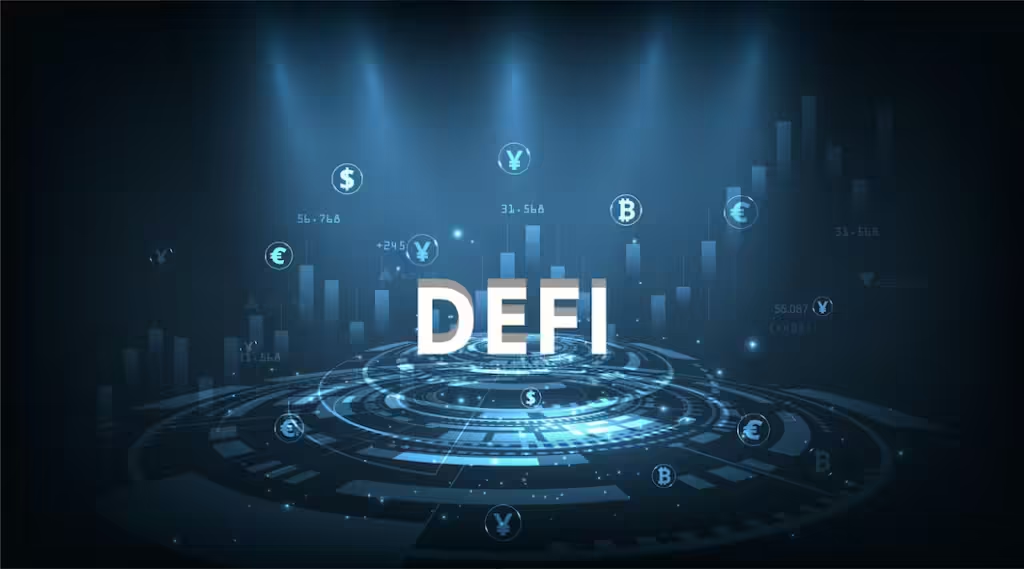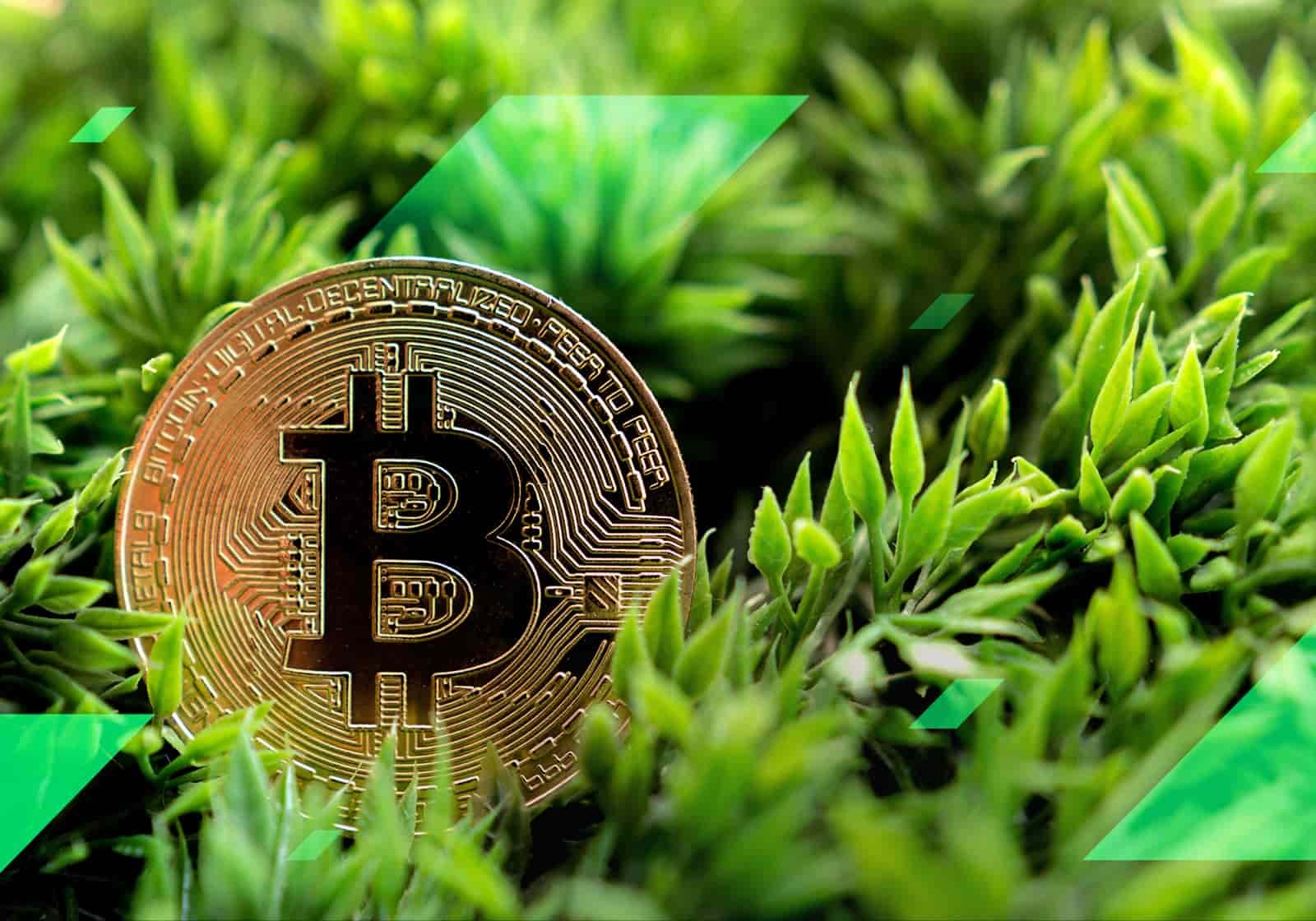In recent years, Decentralized Finance (DeFi) has emerged as a transformative concept in the world of finance, challenging traditional systems by offering a new way to conduct financial transactions. DeFi, a product of blockchain technology, enables financial activities to occur directly between users without the need for intermediaries like banks or financial institutions. As cryptocurrencies continue to gain popularity, DeFi has become a significant alternative in the global financial system. By 2024, DeFi’s importance has grown substantially, prompting discussions about its key features, advantages, challenges, and future potential.
What is DeFi?
DeFi refers to a decentralized version of traditional financial services, powered by blockchain technology. In the DeFi ecosystem, users can conduct transactions such as lending, borrowing, trading, and asset management directly with one another, bypassing centralized authorities like banks or exchanges. Smart contract platforms, such as Ethereum, are the foundation of DeFi applications. Smart contracts are self-executing contracts with the terms of the agreement directly written into code, automatically executing transactions once predefined conditions are met, eliminating the need for third-party involvement.
How DeFi Differs from Traditional Finance
The most significant distinction between DeFi and traditional finance is the absence of central authority. In conventional financial systems, transactions are managed and approved by institutions like banks, governments, or intermediaries, whereas in DeFi, users can conduct transactions directly with each other. This decentralized structure is not only more efficient but also provides greater transparency and security. Since all transactions are recorded on the blockchain, they are visible and verifiable by anyone, ensuring transparency. Additionally, the cryptographic protocols of blockchain offer a high level of security for DeFi transactions.
The Growth and Evolution of the DeFi Ecosystem
The DeFi ecosystem has seen explosive growth, particularly since 2020, during what is often referred to as the “DeFi summer.” This period saw a surge in the value of cryptocurrencies and DeFi protocols, with total value locked (TVL) in DeFi platforms exceeding billions of dollars by 2024. DeFi users can now engage in various financial activities, including lending and borrowing, earning interest, and providing liquidity on these platforms. Leading platforms such as Uniswap, Aave, and Compound have become central to the DeFi landscape.
Uniswap, a decentralized exchange (DEX), allows users to trade tokens directly with each other without the need for a centralized intermediary. Aave and Compound, on the other hand, enable users to lend their assets via smart contracts and earn interest in return. These platforms give users more financial control and flexibility, reducing reliance on traditional financial systems.
The Advantages of DeFi
- Decentralization: DeFi operates without central authorities such as banks or financial intermediaries, giving users more freedom and control over their assets.
- Accessibility: DeFi makes financial services available to anyone with an internet connection, including those who are unbanked or underbanked, thereby democratizing access to financial tools.
- Transparency: Since all transactions are recorded on the blockchain, DeFi platforms ensure that data is open to public scrutiny, reducing the risk of fraud or manipulation and fostering greater trust among users.
- Lower Costs: The decentralized nature of DeFi eliminates intermediaries, resulting in lower transaction fees and making financial services more cost-effective for users.
- High Yield Opportunities: Compared to traditional financial institutions, DeFi platforms often offer significantly higher interest rates. Users who provide liquidity to DeFi pools or lend assets can earn passive income from these protocols.
Challenges Faced by DeFi
While DeFi presents numerous advantages, it is not without its challenges. One of the primary concerns is the technical vulnerabilities associated with DeFi protocols. Since the DeFi space is still in its nascent stage, smart contracts can contain bugs or coding errors that could result in significant financial losses for users.
Another critical issue is the lack of regulation in the DeFi space. Unlike traditional financial systems, which are heavily regulated, DeFi operates in a largely unregulated environment. While this allows for greater innovation and freedom, it also opens the door to fraudulent schemes and illegal activities such as money laundering. Governments worldwide are still exploring how to regulate DeFi without stifling innovation, but a clear framework has yet to emerge.
Volatility is another key challenge. Cryptocurrencies, which are the backbone of DeFi, are notoriously volatile, meaning that the value of assets in DeFi protocols can fluctuate dramatically. This volatility poses a risk to users, as it can result in sudden losses or gains.
The Future of DeFi
DeFi has the potential to become a critical component of the global financial system. It offers a compelling alternative to traditional financial services, particularly for individuals and organizations seeking more transparency, accessibility, and financial autonomy. As regulatory frameworks evolve, security measures improve, and the technology matures, DeFi is expected to expand further.
In the future, DeFi could appeal not only to individual users but also to institutional investors and corporations. Banks and financial institutions may adopt DeFi technologies to offer more efficient and cost-effective services. Additionally, decentralized exchanges and DeFi protocols could be used to enhance liquidity in the financial markets and streamline transaction processes.
DeFi could also play a key role in addressing financial inclusion by providing access to banking services for people in developing regions. With no need for a physical presence, DeFi could enable millions of unbanked individuals to access loans, earn interest on savings, and participate in the global economy.
Conclusion
The rise of DeFi represents a fundamental shift in the world of finance. By offering services traditionally provided by centralized financial institutions in a more transparent, accessible, and decentralized manner, DeFi is set to play an increasingly prominent role in the global economy. While there are still challenges to overcome, such as security vulnerabilities and regulatory concerns, the future of DeFi looks promising. As it continues to evolve and mature, DeFi could pave the way for a more inclusive, transparent, and efficient financial system for users around the world.








